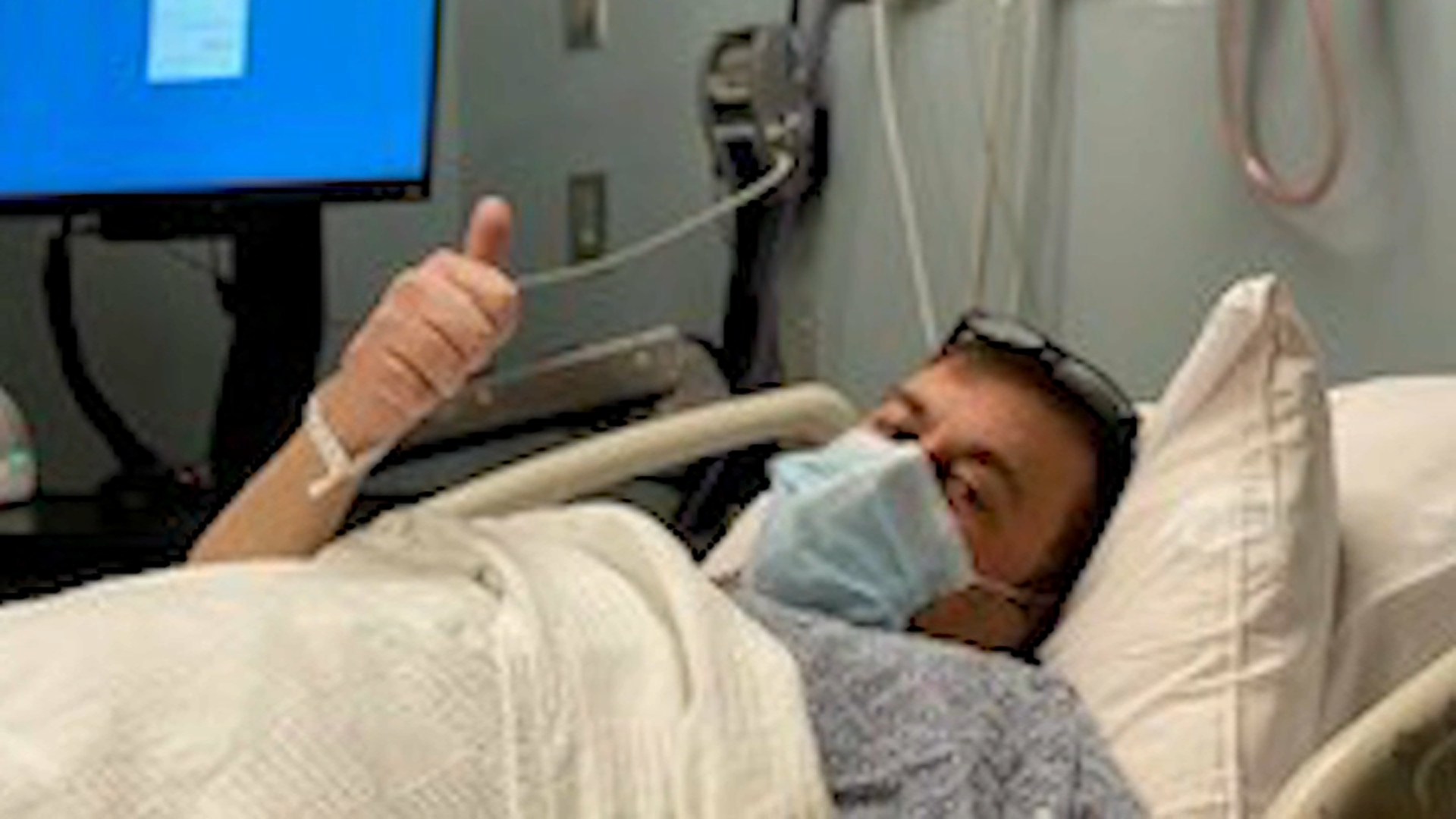October is Cyber Security Awareness Month. It's a chance to pause and consider if you're doing enough to keep yourself and your data safe online.
NBC Connecticut's Dan Corcoran talked with Dave Bykowski, manager of security of compliance at Glastonbury-based IT company Kelser Corporation, about how you can be aware of cyber security scams.
Dan: So we hear about scams or attempted scams all the time. Someone's sending you an email from a strange account by now, most of us know not to click on that, but scammers also know we won't click on it. So how are their tactics becoming more sophisticated?
Dave: Yeah, thanks, Dan, it's been really interesting to see how professional scammers, really criminal outlets and enterprises, are working to improve their English. What's been known for a long time is that you could look oftentimes for broken English in emails and automatically suspect that it was some sort of scam or phishing attempt as the term is. And now, those enterprises are actually investing in English in terms of proofreading and content revision, to deliver better crafted emails to have a better chance of tricking people into looking at them and following the instructions in them.
Get Connecticut local news, weather forecasts and entertainment stories to your inbox. Sign up for NBC Connecticut newsletters.
Dan: So they're getting better at English. Wow. So who is most at risk of falling for a cyber scam?
Dave: Really, it could be just about anybody, the more attention that you pay to detail, the better off that you're going to be in terms of protecting yourself, your personal information, your family's information, or company information. It's really more about just staying vigilant and watching to make sure that the emails you're getting are really the things that you would expect to be receiving. And if something doesn't look right, go ahead and reach out to the person you think it came from and ask them in a trusted manner, whether that's in person, or a phone call to their phone number that you know is good, and say, 'hey, did you really send this to me? I just wanted to make sure.'
Dan: And give us a couple other easy actions that we could take today to make sure we are staying safe online.
Local
Dave: One of the best things is to stick with trusted websites that you know. And anytime you're putting out any of your credit card information, personal information, you should see depending on which browser you're using, either a lock or key or some sort of symbol that indicates that there's an encrypted connection being used. That's really important because you want to make sure that other people can't get your information without even accessing your computer itself, just the traffic that you're sending and getting information like a social security number, a credit card number, anything like that. Also be very careful when using public WiFi. If you need to use it. Try not to use it for anything where you'd have really personal sensitive information.



